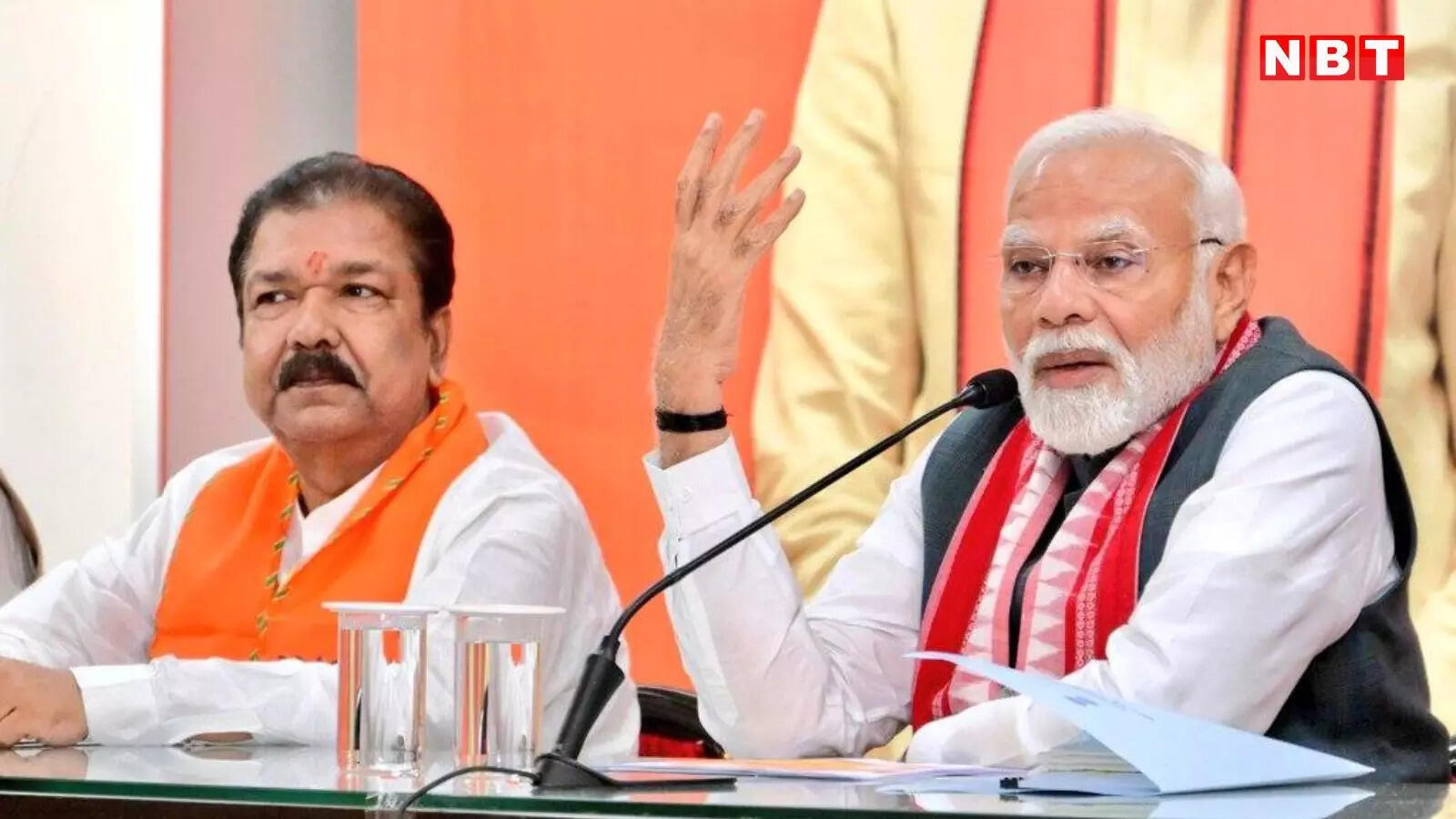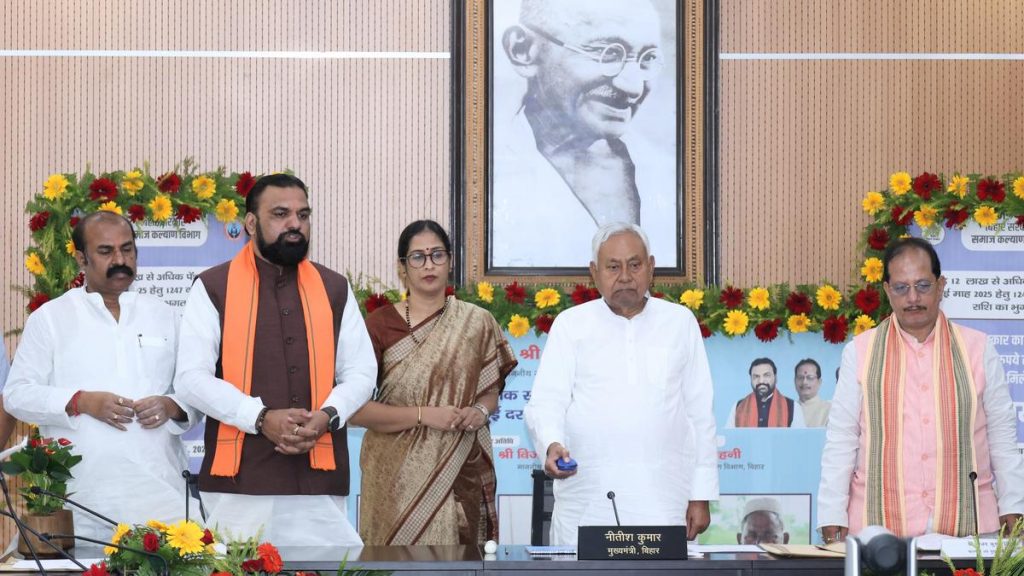Now Reading: बिहार चुनाव: पटना से दूर 1000 किमी पर प्रचार में क्यों जुटी BJP?
-
01
बिहार चुनाव: पटना से दूर 1000 किमी पर प्रचार में क्यों जुटी BJP?
बिहार चुनाव: पटना से दूर 1000 किमी पर प्रचार में क्यों जुटी BJP?

Swift Summary
- BJP is actively preparing for the upcoming Bihar Assembly elections by targeting voters both in Bihar and outside the state, specifically in Haryana.
- The party has launched a campaign to engage with Bihar-origin residents in Haryana under the “Ek Bharat Shreshtha Bharat” initiative.
- Initial efforts have identified 12 districts in Haryana, including Gurugram, Faridabad, Hisar, Ambala, and others where there is a meaningful Bihari migrant population.Party workers are engaging with thes migrants through community outreach programs.
- Cultural events like Chhath Puja are being used as a medium to strengthen ties with this group of voters. Prominent individuals from the Bihari diaspora have also been roped into the campaign effort.
- Efforts include collecting data on migrant voters’ preferences and determining how many travel to Bihar during elections to cast votes. A large-scale data collection exercise is planned over two months to refine this details further.
- BJP views these exercises as crucial since it believes that migrant voters could play an influential role in deciding Bihar election outcomes.
Indian Opinion Analysis
BJP’s targeted approach toward engaging Bihari migrants reflects it’s recognition of evolving voter dynamics across Indian states. The outreach effort highlights not just electoral pragmatism but also attempts at fostering cultural connection through initiatives like Chhath Puja celebrations-a strategy that aligns cultural heritage with political imperatives.
By identifying key regions within haryana and deploying focused grassroots campaigns aimed at migrant workers from Bihar,BJP demonstrates a granular strategy driven by voter segmentation analysis and community-level engagement practices. However, an ongoing challenge lies in effectively converting these interactions into actual electoral loyalty across state boundaries-a process dependent on trust-building rather than transactional campaigning alone.
The implications for India’s democratic fabric are notable: such migratory voter-centric engagement signals increasing interdependence among states but can also raise questions about localized representation vis-à-vis external influences during elections.























